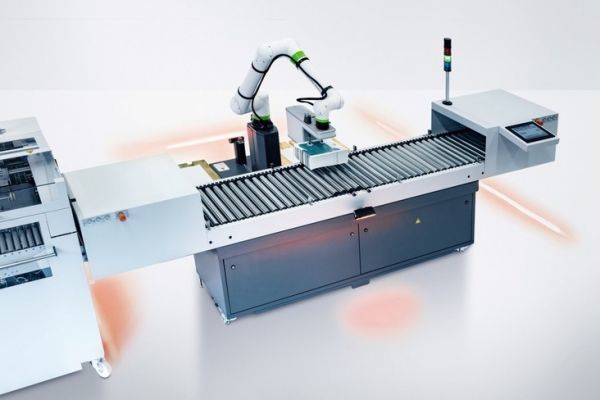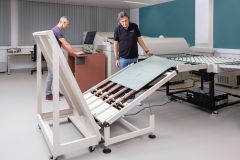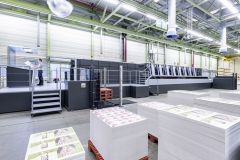SMEs are suffering from a massive lack of skills and manpower in Germany, according to a survey of 701 companies carried out by the FAZ Institute on behalf of press manufacturer Heidelberg. In fact, at 50%, this is the most pressing problem facing German SMEs, ahead of high raw material and energy prices (37%) and excessive bureaucracy (31%).
"Our customers in the printing industry have been facing a skills and labor shortage for years. Heidelberg therefore wanted to know if this is a general trend among German SMEs." says Ludwin Monz, CEO of Heidelberg.
According to the survey, 92% of SMEs say they do not have enough staff and skills. And almost half (49%) consider themselves seriously or very seriously affected by this shortage.
The survey also shows that around one in two companies considers itself to be at best moderate when it comes to digitalization. Yet at the same time, 74% of those surveyed see the digitization of work processes as a solution to the shortage of manpower.
As for artificial intelligence (AI) in software and in their own processes, 67% see it as an effective way of minimizing this problem.
Increased automation of production also appears to be a solution for 60% of SMEs (67% in the manufacturing sector), and the use of robots 50% (58% in the manufacturing sector).
"Our solutions for tackling staff shortages in printing plants are automation and digitization, which not only make the jobs more technical but also attract a greater number of potential recruits. This strategy can serve as an example for SMEs in other sectors" comments Ludwin Monz.
Thanks to the latest machinery and a digitized process, printing plants can work automatically in packaging production and commercial printing. Robotic systems complement presses, which means that printing plants can also manage with fewer pre-press and post-press staff.
For example, the new StackStar C stacking robot works directly alongside people, relieving their stress. "All German SMEs need a strategy that enables them to compensate for staff shortages with cutting-edge technologies. Yet the survey shows that many small and medium-sized companies still have some catching up to do when it comes to digitalization." continues the Heidelberg executive.















